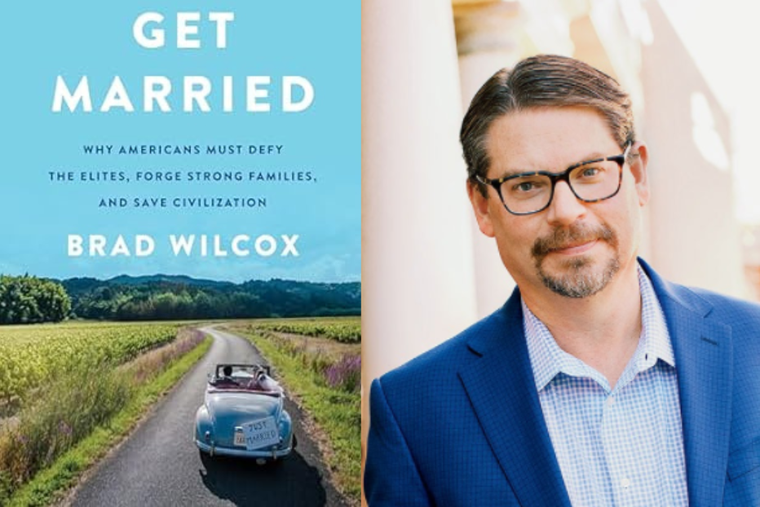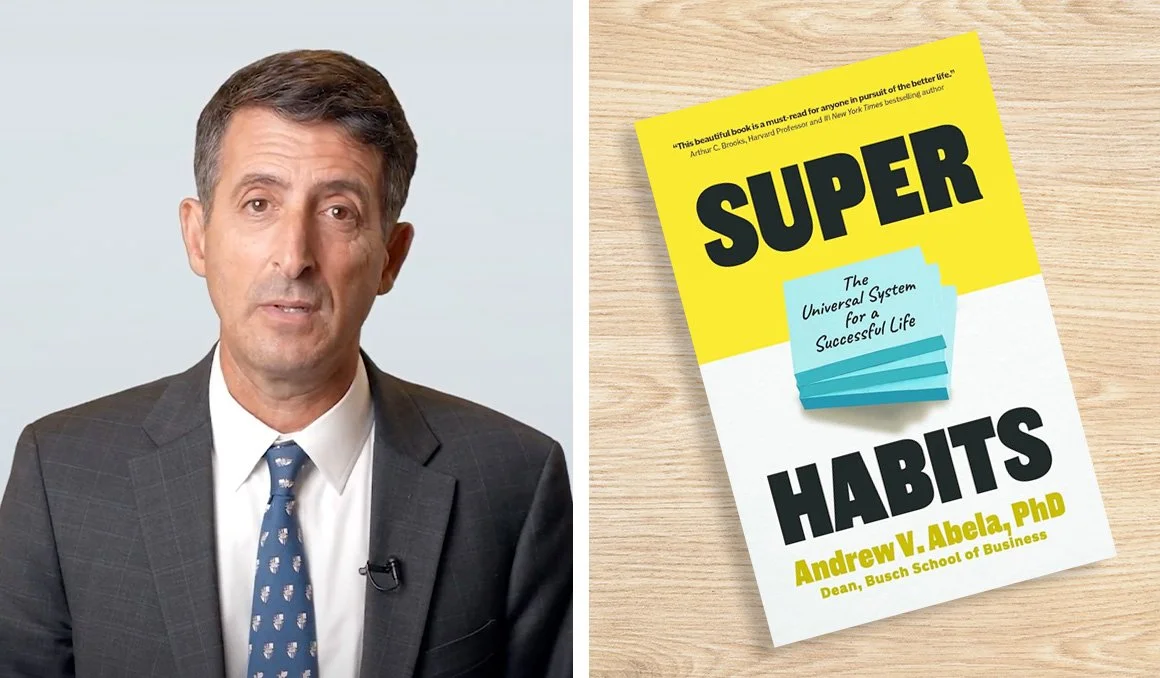When Feeling in Love Fades
"Being in love is a good thing, but it is not the best thing." - C.S. Lewis
My parents' marriage tragically ended in divorce. I still can't imagine the pain and loneliness that has caused them. In my life, it has caused me pain and struggle too. Watching their love end has made me doubt love. Buried deep inside me even today is this question: does love last? More specifically, can it last for me?
Those questions have impacted every relationship in my life, particularly romantic relationships. In short, it made me a timid, safe, and distant lover. Beneath those questions is another question: what is love?
Our world says that love is an emotion. If that's true, it makes sense that the measure of love is the intensity of one's emotions. More emotion, more love; less emotion, less love. Hollywood portrays it that way and mainstream music delivers the same message.
While feelings are certainly an aspect of love, authentic love is much more than the roller coaster of one's emotions. St. John Paul the Great said: "Love is not merely a feeling; it is an act of will that consists of preferring, in a constant manner, the good of others to the good of oneself." Wow. His words fly in the face of what our culture says. Hearing this made me realize that to answer the question "can love last?" I first needed to purify my idea of love.
If I believed that love is merely an emotion, and that more emotion means more love, wouldn't that also mean that when emotion fades, love fades too? It's no wonder I would freak out when my feelings fluctuated and faded in my relationships. I thought love was ending.
Wrestling with my doubts about love, I looked for answers over the years. I found some gems of wisdom that have helped me and I'd like to share them with you too:
Captain Corelli's Mandolin
“Love is a temporary madness, it erupts like volcanoes and then subsides. And when it subsides, you have to make a decision. You have to work out whether your roots have so entwined together that it is inconceivable that you should ever part. Because this is what love is. Love is not breathlessness, it is not excitement, it is not the promulgation of promises of eternal passion, it is not the desire to mate every second minute of the day, it is not lying awake at night imagining that he is kissing [you]. No, don't blush, I am telling you some truths. That is just being "in love", which any fool can do. Love itself is what is left over when being in love has burned away[.]”
C.S. Lewis: Mere Christianity
“Being in love is a good thing, but it is not the best thing. There are many things below it, but there are also things above it. You cannot make it the basis of a whole life. It is a noble feeling, but it is still a feeling. Now no feeling can be relied on to last in its full intensity, or even to last at all. Knowledge can last, principles can last, habits can last but feelings come and go. And in fact, whatever people say, the state called ‘being in love’ usually does not last. If the old fairy-tale ending ‘They lived happily ever after’ is taken to mean ‘They felt for the next fifty years exactly as they felt the day before they were married,’ then it says what probably never was nor ever would be true, and would be highly undesirable if it were. Who could bear to live in that excitement for even five years? What would become of your work, your appetite, your sleep, your friendships? But, of course, ceasing to be ‘in love’ need not mean ceasing to love. Love in this second sense — love as distinct from ‘being in love’ — is not merely a feeling. It is a deep unity, maintained by the will and deliberately strengthened by habit; reinforced by (in Christian marriages) the grace which both partners ask, and receive, from God. They can have this love for each other even at those moments when they do not like each other; as you love yourself even when you do not like yourself. They can retain this love even when each would easily, if they allowed themselves, be ‘in love’ with someone else. ‘Being in love’ first moved them to promise fidelity: this quieter love enables them to keep the promise. It is on this love that the engine of marriage is run: being in love was the explosion that started it.”
J.R.R. Tolkien: Letters of J.R.R. Tolkien
"When the glamour wears off, or merely works a bit thin, they think that they have made a mistake, and that the real soul-mate is still to find. The real soul-mate too often proves to be the next sexually attractive person that comes along. Someone whom they might indeed very profitably have married, if only—. Hence divorce, to provide the ‘if only’.
"And of course they are as a rule quite right: they did make a mistake. Only a very wise man at the end of his life could make a sound judgement concerning whom, amongst the total possible chances, he ought most profitably have married! Nearly all marriages, even happy ones, are mistakes: in the sense that almost certainly (in a more perfect world, or even with a little more care in this very imperfect one) both partners might have found more suitable mates. But the ‘real soul-mate’ is the one you are actually married to. In this fallen world, we have as our only guides, prudence, wisdom (rare in youth, too late in age), a clean heart, and fidelity of will…"
Jason Evert: How do you know if you should marry the person you’re seeing?
"Finally, know that if marriage is anything, it is a carefully planned leap of faith. You will need to weigh all the above considerations and more, pray about them, and make a decision. You can only know a person so well before you marry. This is because coming to know another person is not so much a destination as it is a lifelong process. Within marriage you will see strengths and weaknesses more clearly than ever before. Because of this there are inevitably going to be disappointments, but you should anticipate them with hope.
"When difficulties arise—and they will come—they will test and affirm your love. Marriage is not an endless whirling romance, and your marriage will suffer to the extent that you expect it to fit that fairy tale. When the infatuation fades, some imagine that they must not have married Mr. or Miss Right. This is partly why so many divorces happen within the first few years of marriage. It is a shame that couples are not prepared to let their relationship breathe. We often have little faith when the time comes to exhale. There is a love waiting to grow, but it is a quieter love than a couple know at the start of their relationship. It is unfortunate that so few have the patience to wait and work in sacrifice to see it blossom.
"Successful marriages are not the result of finding the perfect person but of loving the imperfect person you have chosen to marry. Therefore, do not allow yourself to be discouraged when you discover faults and annoyances that you never recognized before. It is said that after marriage, the man gets upset because the woman changes, and the woman gets upset because the man will not change. But when faults do come to the surface, we should not be set on “fixing” our spouse. We marry a person, not a project. We marry a human being, not an idealized image. Only when we let go of the idealized image and begin to accept and love our spouse will the deepest and most fulfilling kind of love appear. As a friend of mine once said, “I married her because I loved her. Now I love her because I married her.”
"When a couple understand these principles, they are mature enough to think about marriage. We are not eleven years old anymore, fluttering from one crush to another according to how fun the feelings are. When a relationship is based on an infatuation instead of a decision, it will last only as long as the infatuation does. We must be careful about what we base our relationships on, because finding the love that everyone longs for is a serious endeavor.
"Pope John Paul II beautifully sums up all of these thoughts in his book Love and Responsibility:
'The essential reason for choosing a person must be personal, not merely sexual. Life will determine the value of a choice and the value and true magnitude of love. It is put to the test most severely when the sensual and emotional reactions themselves grow weaker, and sexual values as such lose their effect. Nothing then remains except the value of the person, and the inner truth about the love of those connected comes to light. If their love is a true gift of self, so that they belong to the other, it will not only survive but grow stronger, and sink deeper roots. Whereas if it was never more than a synchronization of sensual and emotional experiences it will lose its raison d’être [reason for existence] and the persons involved in it will suddenly find themselves in a vacuum. We must never forget that only when love between human beings is put to the test can its true value be seen.'
Here's what I've learned with time: Feelings can't and won't last. But desiring and choosing what's best for someone can last. That's love. Love is an action. Don't get me wrong, feelings are an important part of love. But they are only a part. And they certainly are not the measure of real love.
If your feelings are fading in your relationship, take a deep breath. It doesn't mean you don't love the person. It doesn't mean your relationship is doomed. When feelings fade, it invites us to a deeper love, as seen in the quotes above. Sure, in a dating relationship, you may realize this person just isn't right for you. There's also reason to doubt a relationship if romantic feelings have never been present. And that's okay. Still, never base a decision on the fade of emotion alone. Look at the objective parts of the relationship too, like Jason Evert mentions here.
Also, check out the resources on our Love & Relationships page to find tips on building lasting love.






With six divorces between her parents and in-laws, Kaseena Birnbaum once assumed she’d rack up divorces too. But when her own marriage hit a breaking point, she chose a different path.